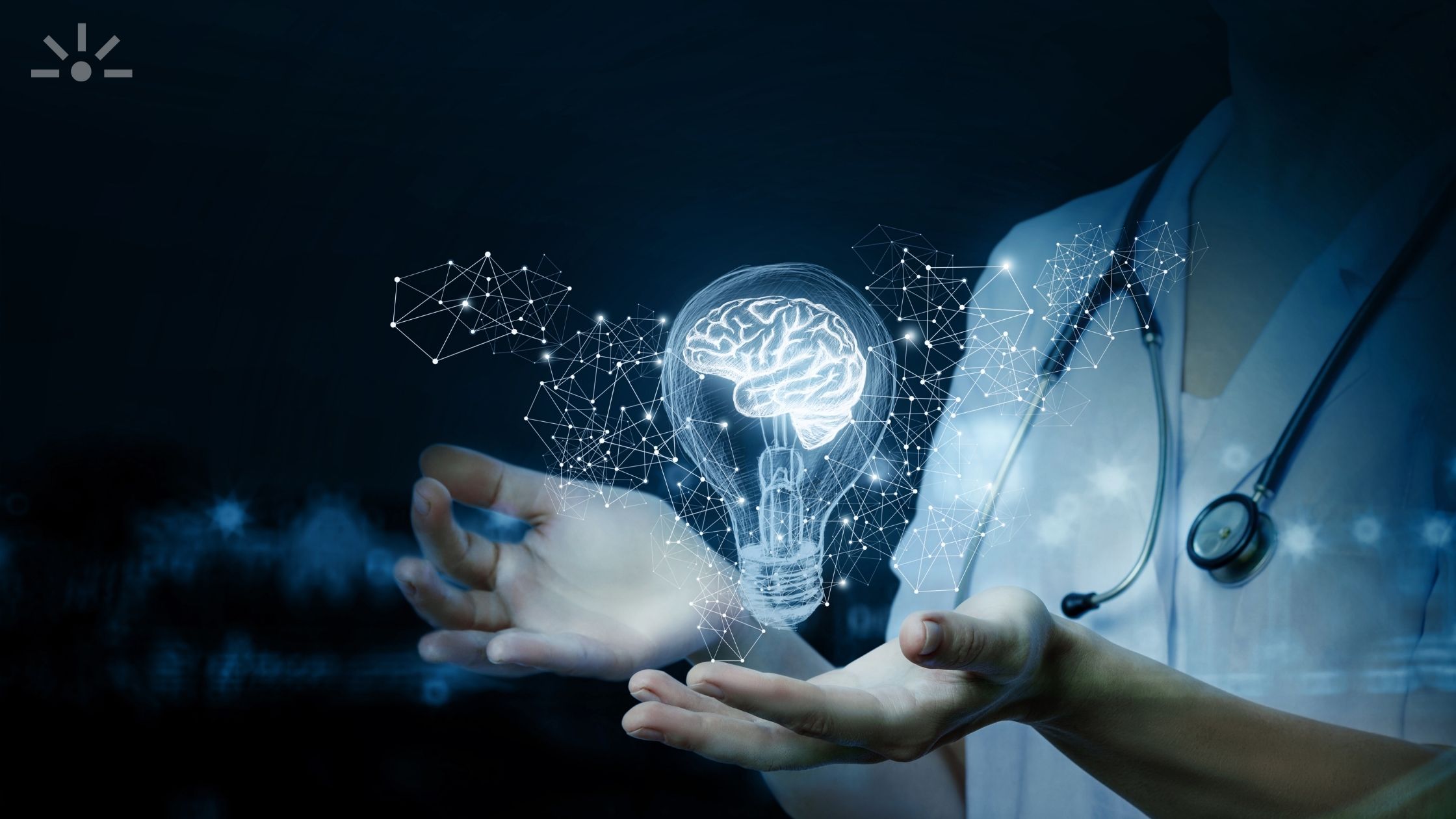Accurate diagnosis is critical for effective treatment and patient care. Diagnostic errors i.e., overlooking a disease or diagnosis it incorrectly or late, have been a longstanding cause of concern in healthcare industry, resulting in tragic consequences, including deaths.
However, there is good news. Emerging technologies play an important role in improving accuracy in diagnosis, thus reducing patient mortality rate.
The Problem
Inaccurate diagnoses can occur due to various reasons: human error, complex medical conditions, or limited access to patient data. Wrong diagnoses may lead to delay in treatment, incorrect medication, and unnecessary surgical procedures, thereby resulting in dire consequences.
Technology Reshaping Healthcare Landscape
Here’s how technology is making a difference in addressing the issue of inaccurate diagnoses.
- AI algorithms analyze huge volumes of medical data to identify patterns and trends. ML models offer insights and treatment recommendations based on historical patient data, helping doctors make accurate diagnoses.
- Telemedicine improves diagnosis accuracy in remote/underserved regions. Patients consult their specialist doctor from home, ensuring access to expert opinion, and reducing misdiagnosis due to limited healthcare facilities.
- Electronic Health Records (EHRs) present a unified view of patient data to healthcare providers, reducing risks of incomplete/missing data. EHRs alert providers about potential contradictions in treatment/medication.
- Wearable devices enable continuous monitoring of patient’s vital stats and transmits the data to the doctor instantly. This proactive approach helps doctors detect health issues early and provide timely treatment options.
Power of AI
AI-powered diagnostic tools help in effective decision-making. Key benefits include improved patient outcomes, personalized treatment options reduced costs, increased efficiency, decreased patient mortality rate, and enhanced trust in the healthcare provider.
Computing power is increasing rapidly. AI can automate repetitive tasks and manage huge volumes of data to help doctors improve the quality of patient care and significantly impact clinical decision making and chronic disease management.
